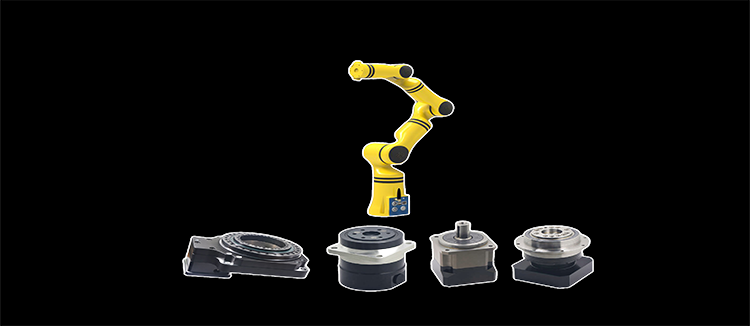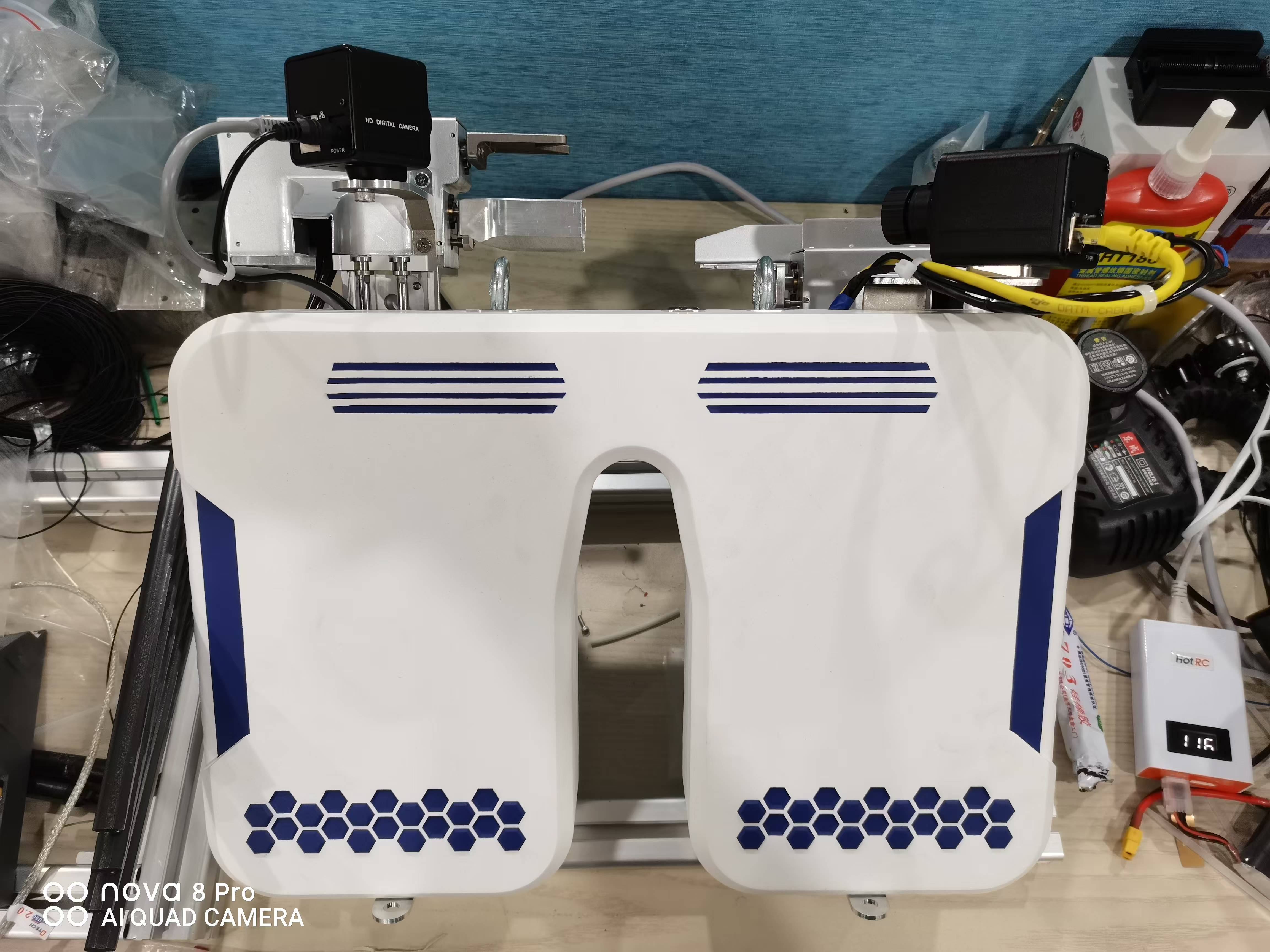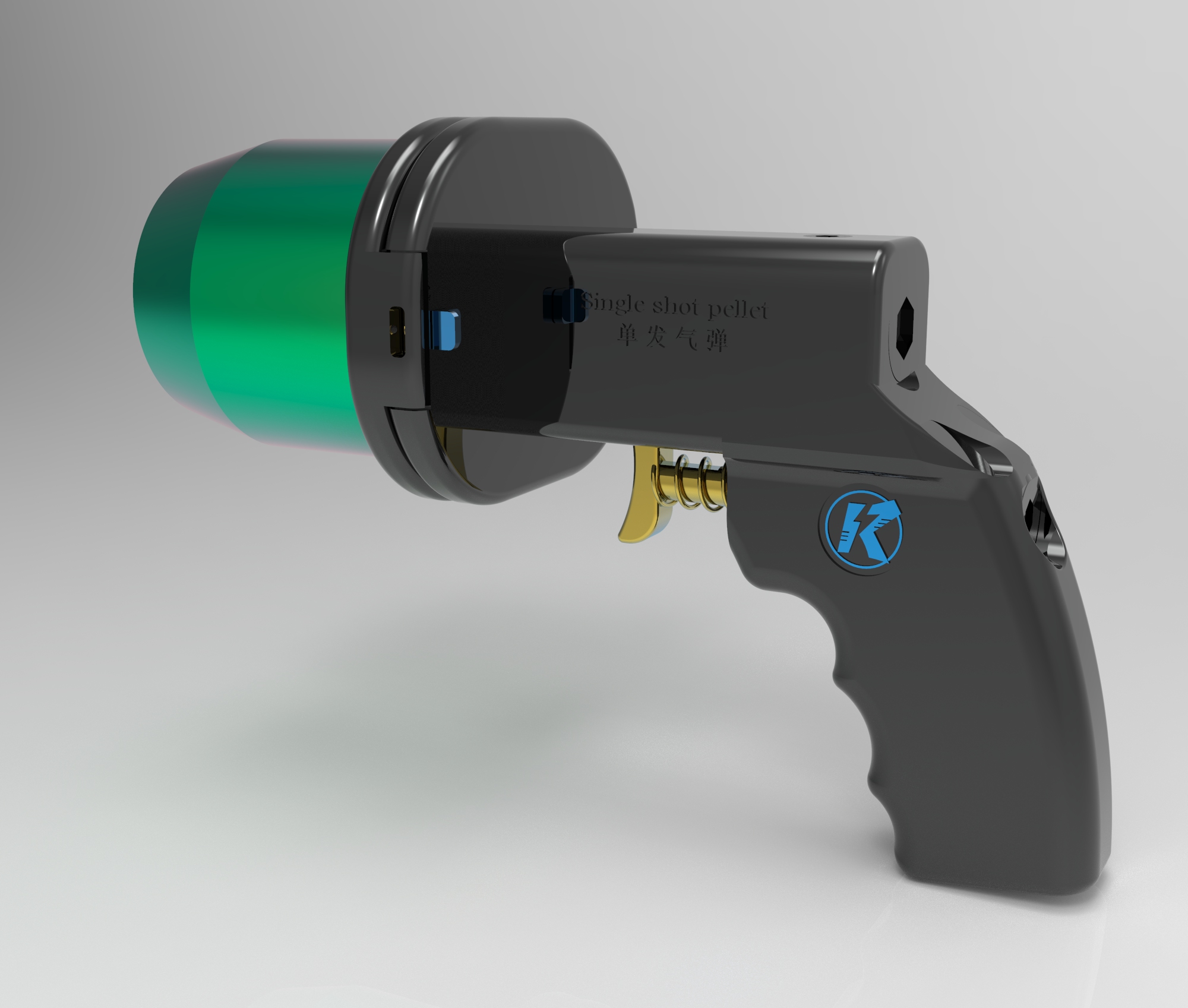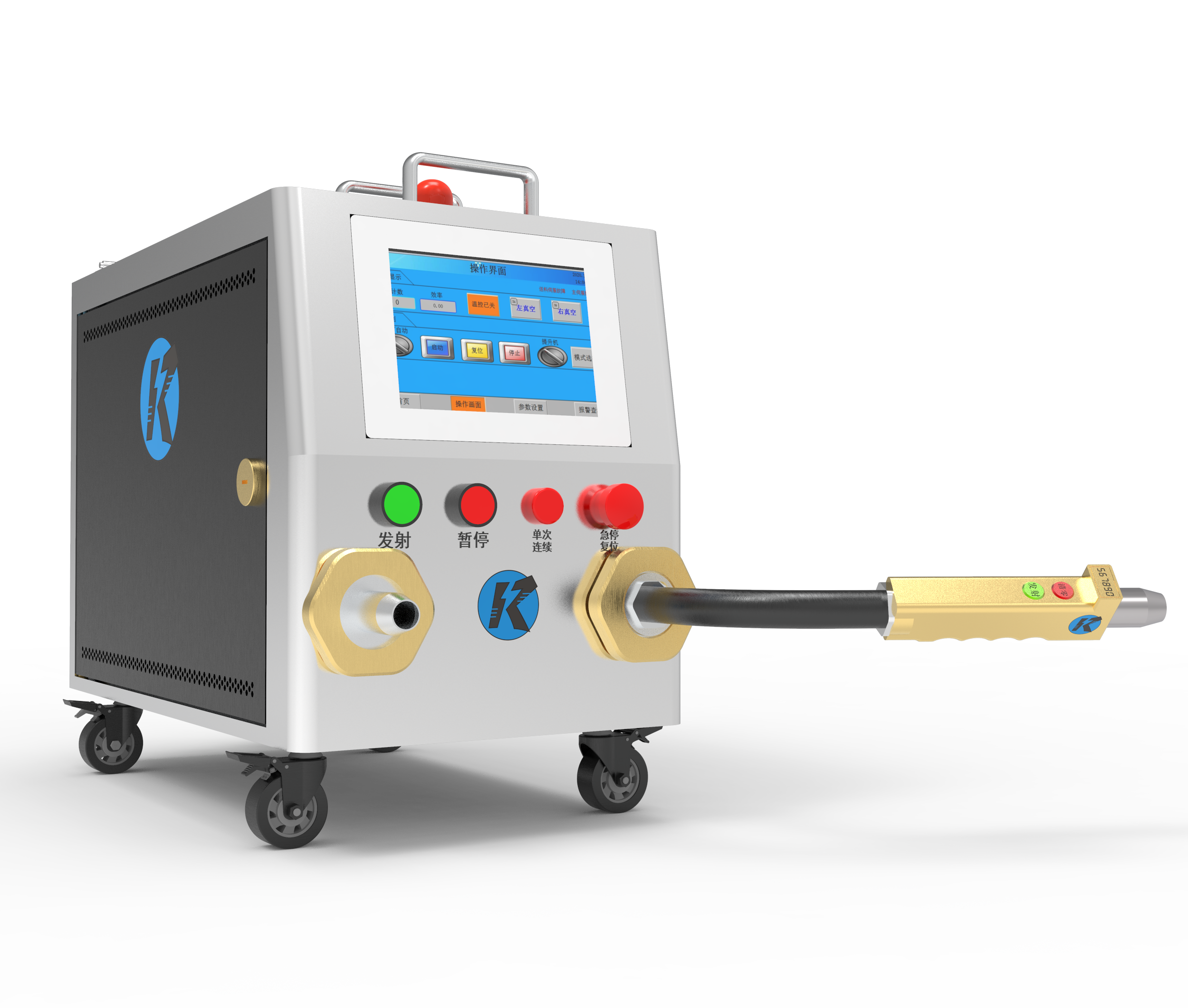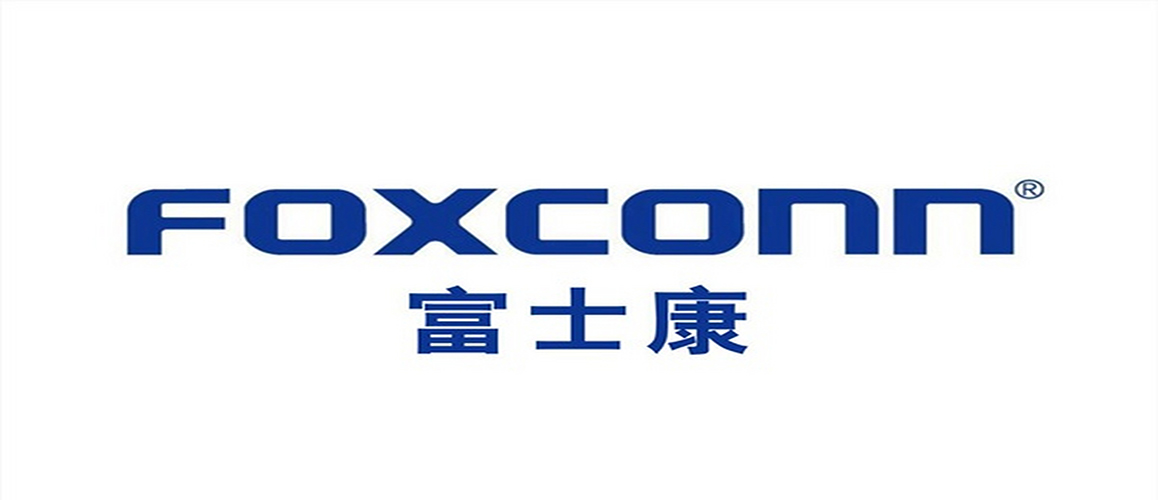Unveiling the Future of Automation: The Role of Industrial Robot in Modern Manufacturing
The industrial landscape has been revolutionized by the advent of the Industrial Robot, a versatile and powerful tool that has transformed the way we approach manufacturing and production. These sophisticated machines are designed to perform tasks that are repetitive, dangerous, or require precision beyond human capabilities. The integration of Industrial Robots into the workforce has not only increased efficiency but also opened up new possibilities for innovation and growth in various industries.

From the automotive sector to electronics assembly, the Industrial Robot has become an indispensable part of the production line. Their ability to work tirelessly, 24/7 without the need for breaks, has significantly boosted productivity. Moreover, the precision and consistency that Industrial Robots offer are unparalleled, leading to a marked reduction in errors and defects, which in turn has improved product quality.
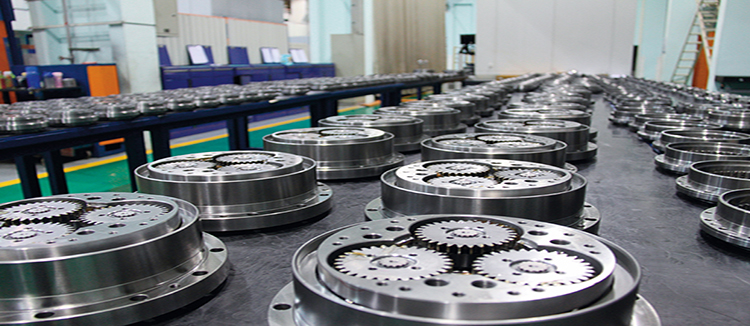
The rise of the Industrial Robot has also had a profound impact on job markets. While some fear that these machines will replace human workers, the reality is that they often complement human labor by taking over tasks that are physically demanding or hazardous. This allows human workers to focus on more complex and creative tasks, thus evolving the nature of work rather than eliminating it. Furthermore, the demand for skilled technicians to maintain, program, and troubleshoot Industrial Robots has created new job opportunities in the field of robotics and automation.
Innovations in the field of Industrial Robotics are happening at a rapid pace. Advances in artificial intelligence and machine learning have enabled these robots to become more adaptive and intelligent. They can now be programmed to learn from their experiences, making them more efficient and effective over time. This adaptability is crucial as it allows Industrial Robots to be repurposed for different tasks, making them a flexible investment for businesses looking to stay competitive in a rapidly changing market.
Another significant development in the world of Industrial Robots is their increasing collaboration with humans. Collaborative robots, or "cobots," are designed to work alongside human workers, taking on tasks that are tedious or require high precision. These cobots are programmed to be safe to work with, often featuring sensors that can detect human presence and adjust their movements accordingly. This collaborative approach not only enhances productivity but also fosters a symbiotic relationship between man and machine, where each can contribute their unique strengths to the production process.
As the Industrial Robot continues to evolve, so too does its potential impact on society. The ability to automate complex tasks has the potential to drive down costs and increase accessibility to goods and services. However, it also raises important questions about the ethical implications of automation, including issues of job displacement and the need for reskilling and education to prepare the workforce for a future where human-robot collaboration is the norm.
The future of the Industrial Robot is bright, with ongoing research and development promising even more advanced capabilities. As these machines become more integrated into our daily lives, it is essential for businesses, governments, and educational institutions to work together to ensure that the benefits of automation are shared widely and that the transition to a more automated world is managed responsibly and ethically.

